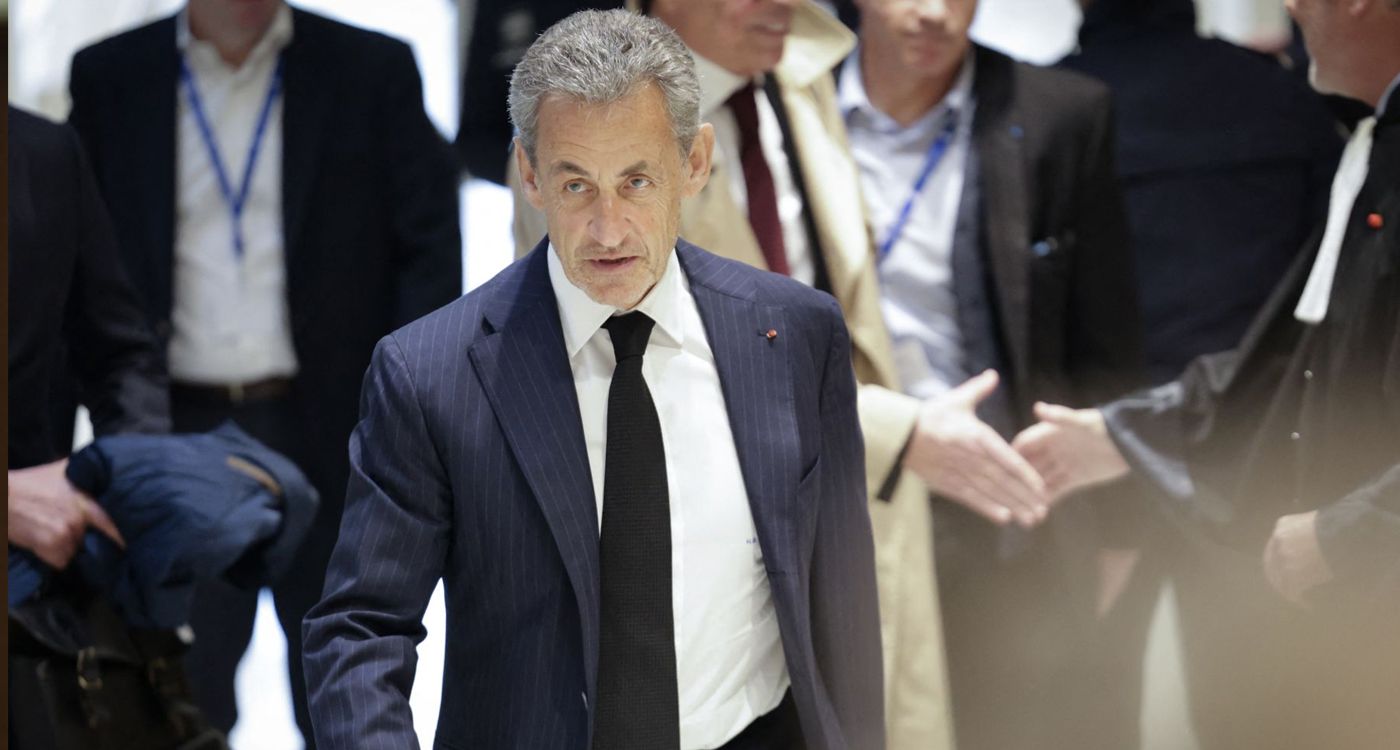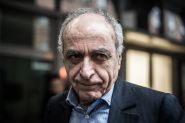- Home
- Middle East
- France's 2007 Presidential Campaign: Sarkozy Faces Conviction

©Thibaud MORITZ / AFP
Accused of having received Libyan funds to finance his 2007 presidential campaign, Nicolas Sarkozy appeared on Monday before the Paris court in a historic trial.
Former president Nicolas Sarkozy, already convicted for corruption in the Bismuth case and for illegal campaign financing in the Bygmalion case, faces justice for the third time in his career this Monday, January 6. This time, the former head of state is facing conviction in the context of the sprawling case of Libyan financing of his 2007 presidential campaign. This unprecedented trial could redefine the boundaries of integrity in French politics.
An Extraordinary Investigation: 14 Years of Unanswered Questions
The case, which started with the revelations by Mediapart in 2012, raises significant questions. Did Nicolas Sarkozy benefit from Libyan funds to finance his presidential campaign? Investigating judges, relying on opaque financial circuits, estimated that several million euros may have been transferred from Libya via middlemen. Among these is French-Lebanese businessman Ziad Takieddine, a key figure in the case, who confessed against the former president in 2016 then withdrew his statements in 2020, adding further confusion.
The investigation, conducted across 17 countries, was slowed down by diplomatic obstacles and a lack of cooperation from certain states. “The investigation revealed significant accounting anomalies and financial flows incompatible with a legal campaign, but establishing absolute proof remains delicate,” explained Mediapart journalists.
Since the beginning of the case, Nicolas Sarkozy has repeatedly proclaimed his innocence. He described the accusations as a “fable” in numerous public statements and media interviews, and denounced what he calls judicial harassment. “Why, after 14 years of investigation, has no direct evidence been found?” he often asks, particularly when questioned about the lack of irrefutable material evidence. However, judges emphasize that significant cash withdrawals coincide with campaign needs.
A Collective Trial: 12 Defendants and a Complex Chain
The former president is not the only one answering to the court. Among the 12 other defendants are political figures and intermediaries, such as former ministers Claude Guéant and Brice Hortefeux, as well as businessman Alexandre Djouhri. All of them face charges ranging from passive corruption to criminal conspiracy, highlighting a complex chain of responsibilities.
A Heavy Judicial Context
This trial adds to an already busy judicial calendar for Nicolas Sarkozy. Already convicted on December 18 in the wiretapping case for corruption and influence peddling, he was sentenced to one year in prison under house arrest with an electronic bracelet. Although this sentence has not yet been enforced—pending his summons by the sentence enforcement judge—the electronic bracelet could be imposed before the end of the Libyan trial.
A Historic Question
As the shadow of Muammar Gaddafi looms over this trial, a central question arises: How far can the murky ties between a French presidential candidate and a foreign state go?
Facing a potential 10-year prison sentence and a €375,000 fine, Nicolas Sarkozy risks his political credibility and his legacy. This trial, scheduled to run until April 10, could mark a decisive turning point for transparency and accountability in French politics.
The coming months will prove critical for the former president and the public’s perception of justice in cases involving the most powerful individuals.


Comments